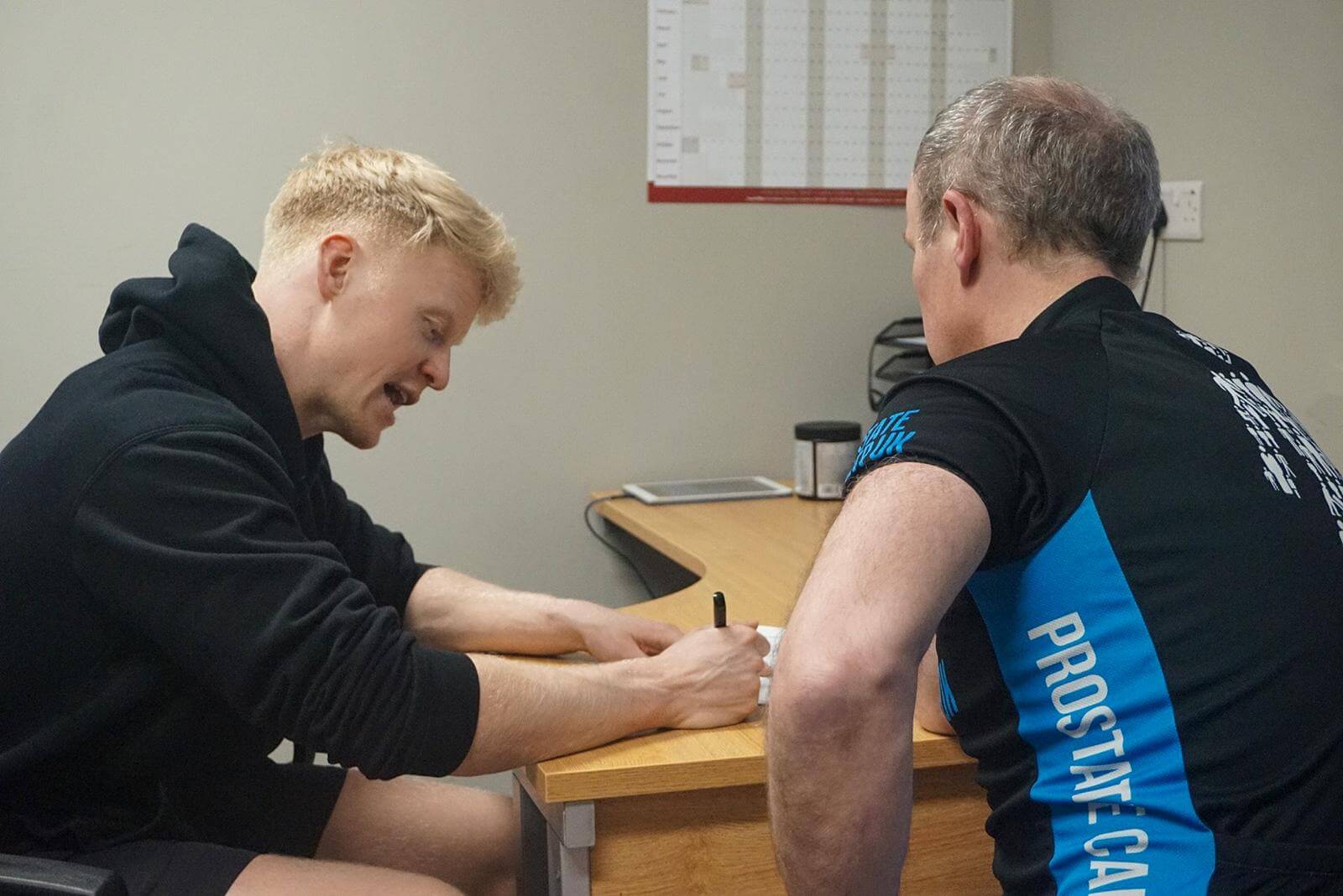

The most critical factor that determines your progress isn’t the latest training craze or a fancy diet, it is being consistent in your behaviours.
I think we need to get something straight, right at the start. When it comes to losing weight, toning up and building muscle. I am sorry to say that there is no “magic bullet” or secret formula or potion that will deliver against your health and fitness goals.
This is because the time needed for you to achieve your fitness goals depends on how much time and effort you’re willing to put into showing up at the gym–or the track, studio, –consistently.
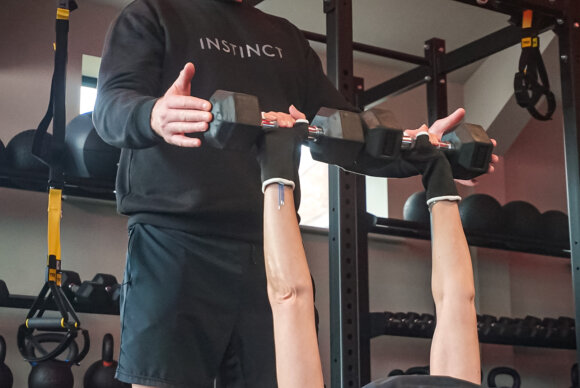
The dictionary definition of consistency is:
“The quality of always behaving or performing in a similar way, or of always happening in a similar way.”
In the context of diet and fitness, this means the act of showing up and getting the work done–regularly, making a new habit of prioritising your health and fitness.
Making changes to your physique (losing fat, building muscle, and so on) takes time. Whilst that really heavy set of Squats that you did in your SPPT was hard work, if you only do it once, you’re not going to get those killer legs and glutes that you want.
“It’s not what we do once in a while that shapes our lives. It’s what we do consistently.”
Anthony Robbins (leading life coach)
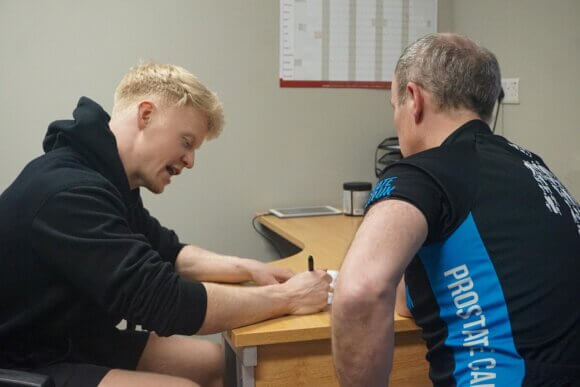
As we have mentioned before, your habits, rituals and behaviours you perform automatically–are grounded in consistency. These habits (e.g. reaching out for a pint instead of working out after work) don’t just appear out of nowhere. They aren’t the results of genetics or random chance. They are merely products of your behaviour, accumulated over repeated instances.
For example, you wake up at 5AM one day to get to the gym for a work out and go about your business as usual. You wake up the next day at 5AM, work out again, and resume your regular activities. After a few days of this, you’re almost going to feel like you’re ‘programmed’ to wake up at 5AM. And you’d feel off the entire day if you don’t get to break a sweat.
Relying on your habits to get you to the gym is much better than simply sitting around and waiting for motivation to hit you. Closely related to emotions, motivation is wildly unpredictable and fleeting. Which is why you’re never going to see real, sustained progress if you choose to rely on motivation alone.
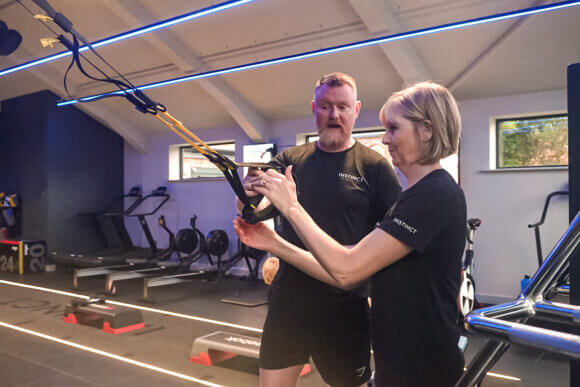
We have all experienced the discomfort in our bodies after we start exercising again after some time off, the characteristic ache of delayed onset muscle soreness (DOMs). Typically kicking in roughly a day or two after exercise, your muscles feel sore and tender due to temporary muscle damage and inflammation associated with weighted exercising.
Even sitting down on the toilet can become a challenge during this period and, if you were to give into this discomfort and avoid the gym, knocking consistency out straight away. Before you know it, it will be a month before you get back into your ‘routine’ again. And so begins a vicious cycle of having to miss your sessions because of terrible DOMs.
The way to avoid this is to set up a slow, graduated exercise program. Ease into your routine at a slow, steady pace–then gradually build up the intensity (consistently, of course).
You now know how important consistency is. But that still doesn’t mean you know how to be consistent in your fitness journey.
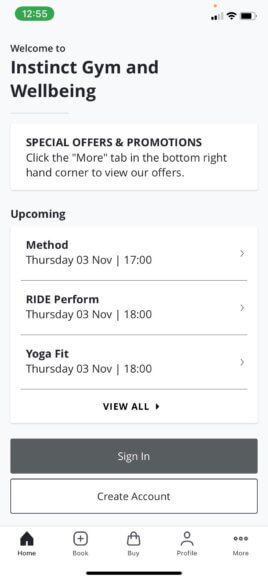
If you fail to schedule your workout sessions, chances are, you’re going to skip them when things get overwhelming – busy work lives, family commitments and so on can all distract you from the gym.
To avoid this, dedicate a block of your schedule to workouts, over the week, month or even year. Do it at the start of your fitness journey, whether it is in your phone’s calendar or bookings on the Instinct App, schedule in your open gym, SPPTs, Classes or outdoor exercise (e.g. running) . This way, you don’t have any (illegitimate) excuses to make and having that contract with yourself will prevent you breaking it easily.

Avoid going from training one day a week to 5 days a week, likewise avoiding jumping from low weight, high rep workouts to massive weight low reps in one jump. A steady resumption of exercise in a programmed way (e.g. our open gym workout programmes or joining SPPT sessions) is by far the most effective way of getting habits to stick.
Make small changes to your programme and increase the effort made on a weekly basis, increasing the number of sessions (4 max a week, ideally). Track your progress and make sure to increase the weight you are lifting or the number of sets and reps performed as a part of this progressive overload.
Remember that going from zero to hardcore instantly reduces the likelihood that you’ll be consistent.
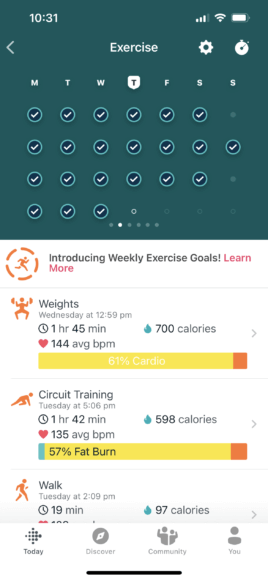
Last but not least, you should track and record your workouts. Having a visual reminder of your workout streak motivates you to keep going and is a great reminder of the progress that you have made. Using your habit trackers to record when you have done a workout, or using our Gym programme sheets to track your efforts will make a big difference to your habits and drive that consistent behaviour. With the advent of wearable tech such as fitbits, apple watches and so on will also help.
Remember that these changes will take time and effort to embed them and make them new habits that you do consistently. Take your time, stick with the programme, avoid being perfect (perfection generally leads to dropping off the wagon) and enjoy the changes that you are making to become the best version of yourself.
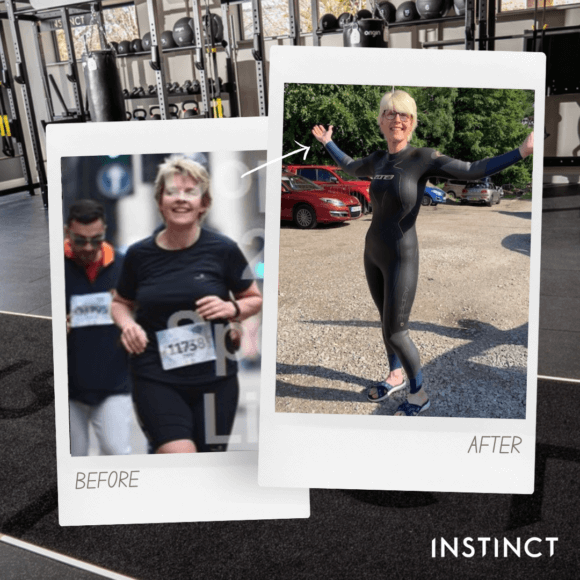
“I have been a member of Instinct since October 2018 and in those 4 years, I have completely changed body shape and mental attitude. At my heaviest, I have been 70.5kg and I turned 58 in September and now weigh 55kg! More importantly, I’m in the normal range for all measurements.
”I’m so pleased with myself but I couldn’t have done it without this fantastic team, they’ve taken things at my pace, provided motivation and accountability and made every session interesting so we’re not just doing the same old stuff. I’m healthy now and intend to stay that way for a long, long time with the help of my Instinct Family.” – Debi
Get started with Instinct in Tarporley.
By continuing to use the site, you agree to the use of cookies. more information
The cookie settings on this website are set to "allow cookies" to give you the best browsing experience possible. If you continue to use this website without changing your cookie settings or you click "Accept" below then you are consenting to this.